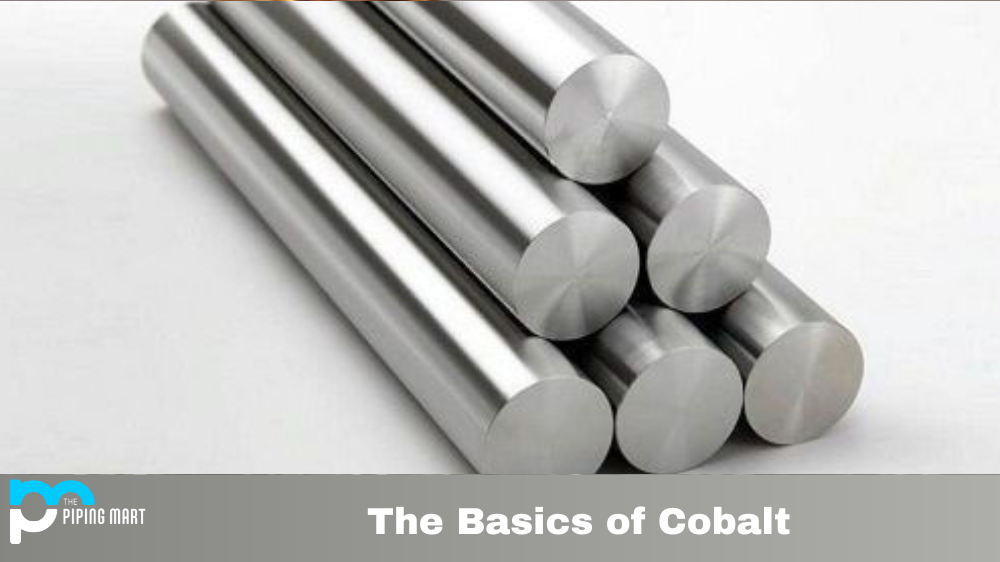When it comes to industrial applications, choosing the right material can make all the difference. Beryllium Copper and Steel are both popular choices for various industrial applications. However, selecting the suitable material for your project can take time and effort. This blog post takes a closer look at the differences between Beryllium Copper and Steel, the applications for each material, and their unique properties.
What is Beryllium Copper?
Beryllium Copper is a non-ferrous metal alloy that contains Beryllium, a rare and expensive element. This metal is known for its unique combination of properties, which include high tensile strength, excellent thermal conductivity, and enhanced durability. However, caution must be exercised when working with Beryllium Copper alloys because Beryllium dust can be toxic. This metal should only be handled by trained professionals, and proper safety procedures should be followed.
What is Steel?
Steel is a widely used metal alloy made from iron and carbon. Steel is highly versatile and has various properties depending on the specific type and production process. This metal is known for its high strength, durability, and weldability. Steel is commonly used in automotive, construction, and industrial applications. However, Steel does not exhibit the same thermal conductivity and fatigue resistance level as Beryllium Copper. This material’s weight-to-strength ratio is also lower than Beryllium Copper, making it less suitable for applications that require lightweight but durable components.
Difference Between Beryllium Copper and Steel
Applications
Common industrial applications for Beryllium Copper include Aerospace, Oil and Gas, Marine Engineering, Electrical Components, and Tools. Beryllium Copper is an excellent choice for corrosion resistance applications and high strength-to-weight ratios. It also exhibits high fatigue resistance, making it ideal for repetitive use of machinery.
Steel’s properties make it an excellent choice for high-stress applications, including those with intense vibration or extreme temperatures. It also provides resistance against corrosion, making it a suitable material for outdoor and marine applications.
Properties Comparison
The main difference between Beryllium Copper and Steel is the composition. Beryllium Copper has a higher copper content, which gives it unique properties such as high conductivity and thermal stability. On the other hand, Steel is predominantly an iron alloy, giving it high strength and durability under high-stress conditions.
Advantages and Disadvantages
Each material has its advantages and disadvantages. Beryllium copper is stronger than Steel but more expensive, while Steel is less expensive but not as strong. However, both materials exhibit distinct advantages and disadvantages depending on the intended application. Beryllium Copper is lightweight, corrosion-resistant, and offers high-fatigue strength, making it an excellent choice for certain industrial applications. However, it is expensive and may harm human health if handled incorrectly. In contrast, Steel is a popular and cost-effective material with many applications. However, it may not be suitable for applications requiring lightweight and high-conductivity materials.
Conclusion
Choosing the right material can make or break an industrial application. Regarding Beryllium Copper vs Steel, both materials exhibit unique properties and advantages and disadvantages depending on the intended application. Beryllium Copper is an expensive but lightweight, corrosion-resistant material suitable for high-stress, repetitive machinery applications. In contrast, Steel is an affordable and durable material that may not be as lightweight or conductive as Beryllium Copper. Ultimately, choosing the right material depends on the specific requirements of your project. It is essential to weigh the advantages and limitations of each material to ensure optimal results in industrial applications.

Hey, I’m Krutik, a casual blogger expert in the metal industry. I am passionate about providing valuable information to my readers. With a background in engineering and construction, I like playing Cricket & watching Netflix shows in my free time. Thank you for visiting my blog, and I hope you find my information helpful!




